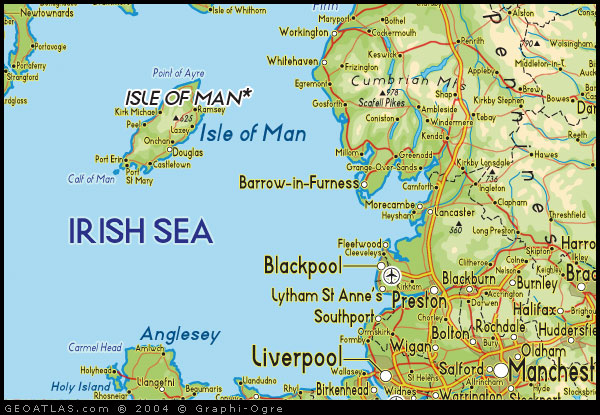Community support and the bottom line


In a December 30 posting to the Fedora Legacy List, which supported the extended-release version of RedHat's Fedora, engineer Jesse Keating said a lack of volunteers and contributions led to the decision.
Now Novell is piling on, linking its latest lead in Linux download statistics directly to RedHat's decision not to raise its contribution to the Legacy project.
The claim is subject to dispute. Novell's gain may the result of its deal with Microsoft, or it may be temporary. But the depth of obligation open source vendors owe to their communities is still worthy of discussion.
It's a tough balancing act. Vendors like RedHat face financial demands from internal developers, support groups, enterprise customers and stockholders, as well as their communities. And, as Keating noted in another message, RedHat was not the only company that perhaps should have given more.
In the case of Fedora Legacy, moreover, RedHat faced the prospect of competing with itself, pouring money into an effort that would delay upgrades by its own customer base. It made business sense to rely on volunteers.
Or did it? Ubuntu, which has an active international list of contributors, has also pushed ahead of Fedora in downloads. This is helping Canonical, a small firm in the Irish Sea (actually the Isle of Man, above) which offers paid Ubuntu support. And Novell, with its Microsoft millions, must once again be seen as a serious competitor.
So did RedHat do the right thing here, in a business sense? Opinions don't matter in this case -- the bottom line is the bottom line.